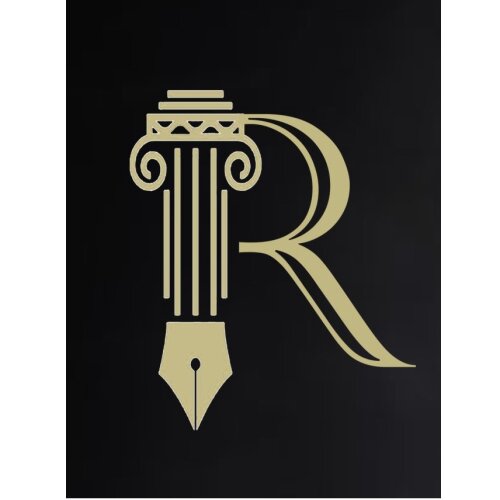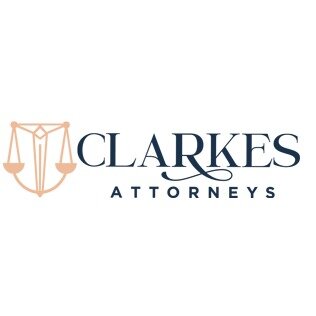Best Lawsuits & Disputes Lawyers in Lilongwe
Share your needs with us, get contacted by law firms.
Free. Takes 2 min.
List of the best lawyers in Lilongwe, Malawi
About Lawsuits & Disputes Law in Lilongwe, Malawi
Lawsuits and disputes in Lilongwe, the capital city of Malawi, typically arise from disagreements in business, employment, property, family matters, and personal injury claims. The legal system in Malawi is based on the English common law system alongside statutory laws enacted by the Parliament. In recent years, efforts have been made to improve access to justice and ensure that legal frameworks adequately address the needs of the population. In Lilongwe, lawsuits can be filed in various courts, depending on the nature and scope of the dispute, including Magistrate Courts, the High Court, and specialized tribunals.
Why You May Need a Lawyer
Engaging a lawyer in Lilongwe may be crucial for several reasons. Common situations requiring legal help include:
- Disputes over business contracts.
- Land and property disagreements.
- Family law issues, such as divorce or child custody battles.
- Personal injury claims due to accidents or negligence.
- Employment disputes involving wrongful termination or discrimination.
- Financial disputes, including debt recovery or bankruptcy matters.
- Criminal charges or legal defense needs.
A lawyer can help navigate the legal system, provide necessary documentation, and represent your interests in court or during negotiations.
Local Laws Overview
Malawian laws relevant to lawsuits and disputes in Lilongwe emphasize justice, fairness, and equity. Key aspects of local laws include:
- The Constitution of Malawi, which is the supreme law, ensuring the protection of fundamental human rights.
- The Courts Act and related procedural rules that guide how lawsuits should be instituted and prosecuted.
- Customary law, which is recognized especially in family and land disputes, though it is subordinate to statutory law.
- Business and property laws that regulate transactions and ownership.
- The Employment Act, providing frameworks for resolving workplace disputes.
- Family and estate laws addressing matters of marriage, inheritance, and child welfare.
Frequently Asked Questions
What is the first step in filing a lawsuit in Lilongwe?
The first step is usually to consult with a lawyer who can assess the validity of your claims and advise on the appropriate court or tribunal to file your case.
What types of courts are available in Lilongwe for settling disputes?
Lilongwe has Magistrate Courts for minor cases, the High Court for more significant civil and criminal cases, and specialized tribunals for specific issues like labor disputes.
How long does it generally take to resolve a lawsuit in Lilongwe?
Resolution times can vary significantly based on the case complexity, court schedules, and whether parties can reach an out-of-court settlement. It often ranges from a few months to several years.
Can I represent myself in a court case?
While you have the right to self-representation, having a lawyer can be highly beneficial, especially for complex cases, due to their expertise and understanding of legal procedures.
What costs should I expect when hiring a lawyer for a dispute?
Costs vary based on case complexity, lawyer's experience, and the expected time to resolve the dispute. Lawyers might charge a retainer fee, hourly rate, or contingency fee.
Are there alternative dispute resolution options available in Lilongwe?
Yes, mediation and arbitration are encouraged to settle disputes amicably without going to court, which can save time and resources.
Can a dispute resolution from a customary court be appealed?
Yes, decisions from customary courts can be appealed to the higher courts such as the High Court if statutory rules permit.
What legal protections exist against unfair treatment in disputes?
The Malawian Constitution and statutory laws provide numerous protections ensuring fairness and equality in legal proceedings.
What role do legal aid organizations play in lawsuits and disputes?
Organizations providing legal aid offer representation and advice, especially for individuals who cannot afford private legal services.
How can I check a lawyer’s credentials and professional standing?
You can verify credentials through the Malawi Law Society, which maintains records of practicing lawyers and their standing in the legal community.
Additional Resources
Consider the following resources for further assistance:
- Malawi Law Society: The professional body for legal practitioners in Malawi.
- Legal Aid Bureau: A government body offering free legal assistance to those in need.
- Office of the Ombudsman: Handles public complaints against any injustice or misuse of power by governmental bodies.
- Civic education organizations: These provide information on legal rights and dispute resolution processes.
Next Steps
If you need legal assistance in lawsuits and disputes, you should start by consulting an experienced lawyer familiar with local laws. Ensure to gather all necessary documentation pertinent to your dispute and clearly articulate your objectives and desired outcomes. Utilize local resources like the Legal Aid Bureau if cost is a concern, and remain informed about your rights and obligations under Malawian law.
Lawzana helps you find the best lawyers and law firms in Lilongwe through a curated and pre-screened list of qualified legal professionals. Our platform offers rankings and detailed profiles of attorneys and law firms, allowing you to compare based on practice areas, including Lawsuits & Disputes, experience, and client feedback.
Each profile includes a description of the firm's areas of practice, client reviews, team members and partners, year of establishment, spoken languages, office locations, contact information, social media presence, and any published articles or resources. Most firms on our platform speak English and are experienced in both local and international legal matters.
Get a quote from top-rated law firms in Lilongwe, Malawi — quickly, securely, and without unnecessary hassle.
Disclaimer:
The information provided on this page is for general informational purposes only and does not constitute legal advice. While we strive to ensure the accuracy and relevance of the content, legal information may change over time, and interpretations of the law can vary. You should always consult with a qualified legal professional for advice specific to your situation.
We disclaim all liability for actions taken or not taken based on the content of this page. If you believe any information is incorrect or outdated, please contact us, and we will review and update it where appropriate.
Browse lawsuits & disputes law firms by service in Lilongwe, Malawi
Lilongwe, Malawi Attorneys in related practice areas.













